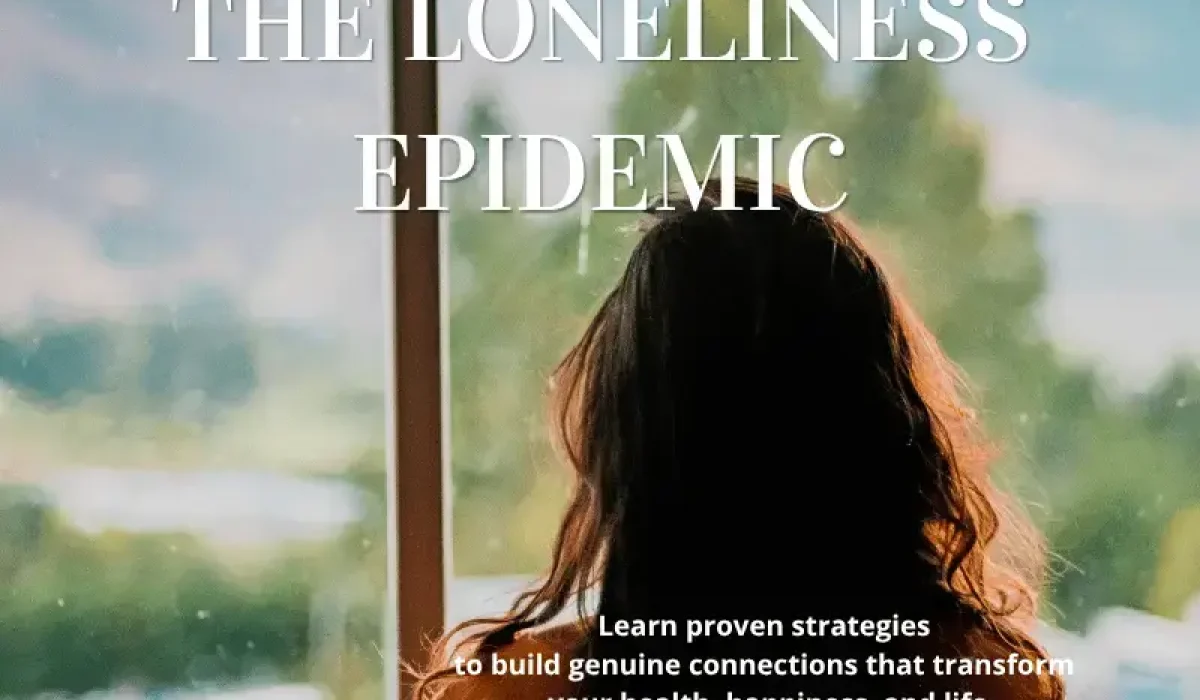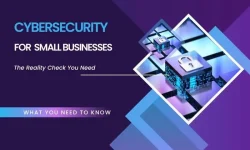Something’s wrong. Really wrong. We’re more connected than ever, yet we feel more alone than any generation before us.
Loneliness isn’t just sadness anymore. It’s become a full-blown health crisis that’s quietly killing people across America. The numbers tell a story that should make us all stop scrolling and start caring.
Table of Contents
The Shocking Reality of Our Loneliness Crisis
Here’s what the latest research reveals about our disconnected world:
21% of adults in the U.S. feel lonely, according to Harvard’s 2024 survey. But that’s just the tip of the iceberg. 30% of adults say they have experienced feelings of loneliness at least once a week over the past year, while 10% say they are lonely every day. Even more alarming? 1 in 5 American adults report feeling lonely every single day.
The health impact is staggering. Loneliness increases the risk of premature death by more than 60%, as much as smoking up to 15 cigarettes a day. Think about that for a second. Being lonely is literally as dangerous as chain-smoking.
Mental health takes a massive hit, too. 81% of adults who were lonely also said they suffered with anxiety or depression compared to 29% of those who were less lonely. The connection is clear and scary.
Why We’re So Disconnected in a Connected Age
Technology promised to bring us together. Instead, it’s pulled us apart in ways we’re just starting to understand.
Social media creates fake intimacy. We share our breakfast but not our struggles. We collect likes instead of building lasting bonds. The result? Shallow connections that leave us feeling empty.
Work culture doesn’t help either. Remote work, long hours, and career pressure leave little time for real relationships. We network professionally but forget how to connect personally.
Cities make it worse. Despite being surrounded by millions of people, urban life can feel incredibly isolating. We live in boxes, commute in boxes, work in boxes. Human contact becomes optional.
The pandemic accelerated everything. Social skills got rusty. Anxiety about meeting new people skyrocketed. Many of us forgot how to make friends as adults.
The Hidden Cost of Social Isolation
Loneliness doesn’t just hurt emotionally. It rewrites your biology in dangerous ways.
Loneliness exacerbates multiple levels of issues such as increasing stress; exacerbating depression and anxiety, and elevating the risk of diabetes, blood pressure problems, strokes, and heart attacks. Your immune system weakens. Sleep quality plummets. Cognitive decline accelerates.
Lack of social connection increases the risk of experiencing mental health issues, including substance use disorders, depression, anxiety, and stress by as much as 60%.
The World Health Organization recognizes this as a global crisis. An estimated 1 in 4 older people are experiencing social isolation, and between 5 and 15 per cent of adolescents are experiencing loneliness.m
This isn’t just individual suffering. It’s a public health emergency that costs billions in healthcare and lost productivity.
Building Meaningful Connections: A Step-by-Step Guide
Ready to fight back against loneliness? Here’s how to build the deep connections your soul craves.
Start Small, Think Big
You don’t need to become a social butterfly overnight. Start with one genuine interaction per day. Chat with your barista. Call a relative. Comment meaningfully on a friend’s post.
Small steps build confidence. Confidence builds momentum. Momentum changes everything.
Practice Active Listening
Most people don’t listen. They wait for their turn to talk. Be different.
When someone speaks, give them your full attention. Put away your phone. Make eye contact. Ask follow-up questions that show you care about their answers.
Field interventions that teach young adults about the empathy and care of their community can promote social connection.
Active listening is a valuable skill in our increasingly distracted world. Use it.
Find Your Tribe Through Shared Interests
Joining a group or club that gathers around an interest or hobby you share is one of the most effective ways to build connections.
Love reading? Join a book club. Into fitness? Find a running group. Passionate about cooking? Take a class. Shared activities create natural conversation starters and common ground.
The magic happens when you stop trying so hard to be liked and start focusing on shared passions.
Volunteer for Something You Care About
Volunteering — Sharing a cause worth fighting for or helping others creates incredibly strong bonds.
Working together toward a common goal builds deep connections fast. You see people at their best. You share meaningful experiences. You create positive change together.
Find a cause that matters to you. Animal rescue, literacy programs, environmental cleanup, and mentoring kids. The specific cause matters less than your genuine care for it.
Be Vulnerable (But Smart About It)
Real connection requires real honesty. Share your struggles, fears, and dreams. But do it gradually and with people who earn your trust.
Be authentic and honest in every interaction. Understand that you don’t always have to be ‘on’ or appear a certain way. Authenticity is the key to genuine connection.
Vulnerability creates space for others to be real, too. It’s how surface-level chats become meaningful friendships.
Create Regular Touchpoints
Meaningful connections need consistency. Don’t wait for perfect moments to reach out.
Schedule weekly coffee dates. Start a monthly dinner club. Create a group chat for daily check-ins. Regular contact keeps relationships alive and growing.
Consistency beats intensity every time.
Digital Tools That Actually Help Social Connection
Not all technology is bad for relationships. Some apps and platforms can genuinely help you build meaningful connections:
Meetup.com connects you with local groups based on shared interests. Perfect for finding your people in real life.
Bumble BFF is like dating apps but for friendship. Less awkward than it sounds.
Nextdoor helps you connect with neighbors and build community locally.
Discord servers for your hobbies can lead to genuine friendships that move offline.
The key is using technology as a bridge to real-world connection, not as a replacement for it.
Overcoming Social Anxiety and Fear
Feeling nervous about meeting new people? You’re not alone. Forming connections is as simple as putting yourself out there, but that doesn’t make it easy.
Start with low-pressure situations. Attend events where the focus isn’t on socializing but on an activity. Art classes, hiking groups, or volunteering create natural interaction without the pressure of forced conversation.
Practice makes progress. Each positive interaction builds confidence for the next one.
Remember: most people are just as nervous as you are. They want a connection, too. Your effort to reach out is usually welcomed, even if it feels scary.
The Ripple Effect of Connection
When you build meaningful connections, something beautiful happens. The benefits spread far beyond your own life.
Connected people are happier, healthier, and more productive. They contribute more to their communities. They raise more connected children. They create positive cycles that last for generations.
Your effort to fight loneliness doesn’t just help you. It helps everyone around you.
Social connection is a pillar of lifestyle medicine. Humans are wired to connect, and this connection affects our health.
Your Next Step Out of the Loneliness Epidemic
The loneliness epidemic is real, but it’s not inevitable. You have more power than you think to create the connected life you want.
Pick one strategy from this article. Try it this week. Notice how it feels. Build from there.
Remember: everyone you meet is fighting their own battle with disconnection. Your effort to connect might be exactly what they need too.
The antidote to loneliness isn’t more followers or likes. It’s more real moments with real people who really matter.
Start today. Your future self – and the people you’ll meet along the way – will thank you.
For more details, refer to: U.S. Surgeon General’s Advisory on Social Connection, World Health Organization




